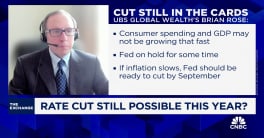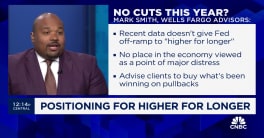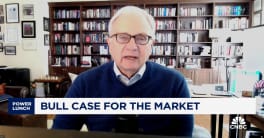The Mortgage Bankers Association has asked the Department of Housing and Urban Development to permit the use of electronic signatures (e-signatures) on all mortgage origination forms required by the Federal Housing Administration (FHA.) The request was made by Stephen A. O'Connor, MBA's Senior Vice President for Public Policy and Industry Relations in a letter sent on Tuesday to Robert C. Ray, HUD's Assistant Secretary for Housing and Acting Commissioner of FHA.
O'Connor pointed out that e-signatures are now acceptable under federal law and that FHA already accepts them for certain purposes. Permitting more universal use of the device would reduce the volume of lost paperwork, reduce signature fraud and the time required to close a loan, and might ultimately lead to lower borrower costs.
According to the letter, much of the work of originating mortgages is already carried out by electronic means. Borrowers submit loan applications on-line and supply information to their lender electronically. Underwriting and processing is done by lenders using available on-line tools and necessary documents such as appraisals, deposit verifications, and credit reports have long been requested and received electronically.
Cost savings will come from reduced printing and use of mail couriers by borrowers and lenders. It would also provide consistency and increased flexibility for borrowers who would not have to redo documents if they switched from a conventional to a FHA loan. Freddie Mac and Fannie Mae have been accepting electronic signatures for several years, O'Connor said, and this would align FHA with those agencies. "Conforming to accepted industry standards on all documents would expedite the mortgage process, reduce lender costs because processes could be replicated, and fulfill consumers' growing preference for conducting electronic transactions." Also, he said, both the Real Estate Settlement Procedures Act (RESPA) and the Truth in Lending Act (TILA) accept electronic records to meet their disclosures requirements.
MBA acknowledged concerns that FHA might have regarding mortgage fraud but said that there is much about the use of electronics which could mitigate many of the fraud issues that exist in the paper process. He cited the example of additional borrower authentication capabilities such as challenge questions which are more foolproof than a "notary asking to see a driver's license." Other safeguards such as tape recording and audit trails can safeguard the process and are not only beneficial for the lender and FHA but provide convenience and protection to the homebuyer.
In conclusion, O'Connor said the MBA realizes the intense processes that would be required to facilitate the change and offered the MBA's assistance in implementing a new program if requested. As a side note, by submitting this request to the FHA using O'Connor's voice, the MBA appears to be keeping to its promise to build a "revolving door" firewall between its new president David Stevens and the agency he headed until this past May.







